 | Lab notes: Bones and clones made this week's science headlines | 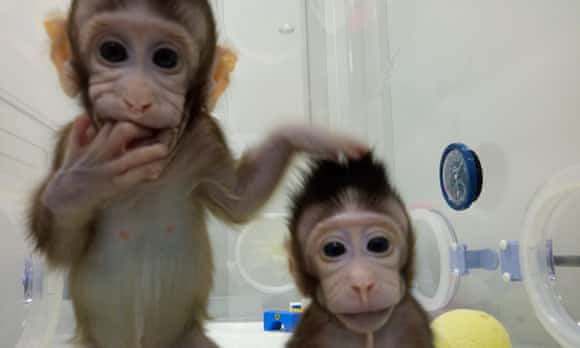 |  Cloned macaques Zhong Zhong and Hua Hua. Photograph: Chinese Academy Of Sciences Handout/EPA
| Tash Reith-Banks
| This week's biggest stories There were lots of exciting scientific tidbits this week, but two stories really stood out. The news of the first primates born using the same cloning method used to create Dolly the sheep opens many possibilities – although scientists are adamant that human clones are not among them. Also potentially rewriting the Homo sapiens story is the discovery of a 200,000-year-old jawbone in Israel – the oldest human fossil ever found outside Africa – which suggests human ancestors left Africa far earlier than previously thought. Some potential good news too, as a Parkinson's trial discovered evidence that flushing out 'zombie cells' in the brain could help stave off the disease – and might offer a new approach to treating the effects of other neurodegenerative diseases and even ageing. Researchers were seemed to be looking to science fiction for inspiration as they revealed the first ever "floating 3D printing" – technology that projects graphics into the air, where they are visible from all angles, like a real-life version of the Princess Leia projection in Star Wars. And finally, something that sounds cool, but actually, when you think about it is not so great: Rocket Lab, a New Zealand startup, has secretively put a satellite likened to a giant disco ball into orbit. It is expected to become the brightest object in the night sky for nine months until it re-enters Earth's atmosphere, and astronomers are furious, dubbing it "space graffiti". More news from Guardian Science | Sign up to Lab notes ___ Parasites and pests | 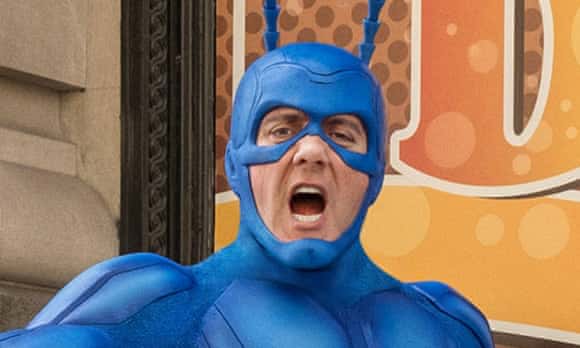 |  The Tick, with Peter Serafinowicz, is good; real ticks, on the hand, not so much. Composite: Amazon
| Ok, I realise not everyone is down with creepy crawlies, but these two pieces are rather intriguing. The first deals with some research that explains why you might be a mosquito magnet, and the second raises some alarming points about the disease-carrying capabilities of ticks, "the used syringes of the natural world". Ew, but also hmmm, if you know what I mean. ___ Straight from the lab – top picks from our experts on the blog network | 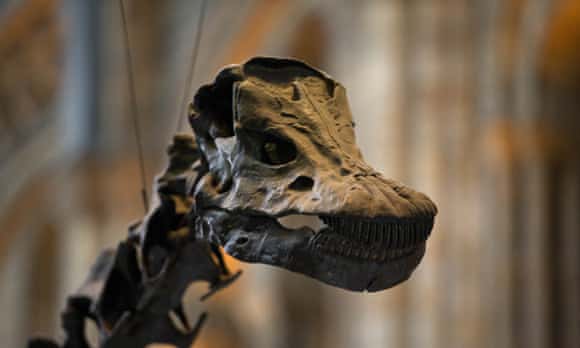 |  It's almost impossible to tell the sex of a dinosaur fossil – we've no idea whether the Natural History Museum's Dippy was male or female, for example. Photograph: Matt Dunham/AP
| Cloacae, sex arms and penis bones: the tricky art of fossil sexing | Lost Worlds Revisited
Among squishy squid, octopuses, and other cephalopods, males have a specialised arm (not tentacle) called the hectocotylus, used in mating. Males can either give spermatophores to the female in a sexy game of pass-the-parcel, or some species just rip their own arm off and hand it over. The hectocotylus, like many other genitals, is made of soft tissues which are unlikely to be fossilised. The rarity of soft-tissues in the fossil record is what makes Vinther's dinosaur cloaca is so unusual. How 'provocative clothes' affect the brain – and why it's no excuse for assault | Brain flapping
The law and human biology often don't match up. In the UK you can have sex at 16, but you can't watch it until you're 18. Doesn't make much sense, but there we have it. So, is it biologically possible for a typical man to be sufficiently aroused by the sight of woman that it overwhelms his restraint? To answer this, you need to look at exactly what's going on in the brain when we experience arousal. Why the climate of Game of Thrones is about more than the arrival of winter | Notes & Theories In our Game of Thrones model, by comparing the climate of places in the real world with those predicted by the model for the world of Game of Thrones, it could be seen that The Wall, where the land of Westeros is guarded from the White Walkers, has a climate in winter similar to that of Lapland. In contrast Casterly Rock, the stronghold of the scheming Lannisters, has a climate similar to that of Houston, Texas, and Changsha in China. Visit the Science blog network _____ Science Weekly podcast
| 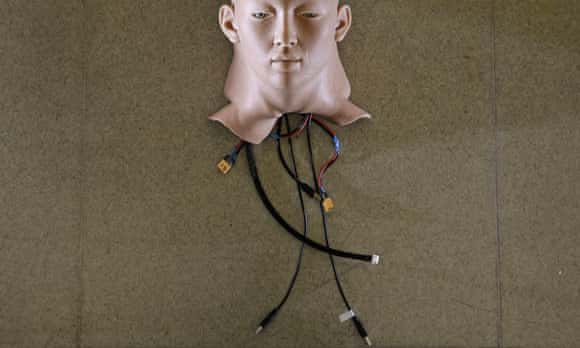 |  What impact might AI have on society – and who decides when to pull the plug? Photograph: Kin Cheung/AP
| This week's podcast was the final in our four-part mini series, Questioning AI, and asks: does artificial intelligence need an off switch? ___ Eye on science – this week's top images | 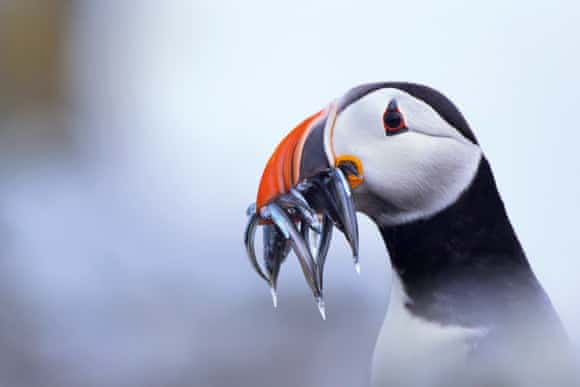 |  Puffin, Isle of May, Scotland by Alicia Hayden (United Kingdom). Photograph: Alicia Hayden/Outdoor photographer of the year
| Some stunning pics of wildlife, tech and the natural world in this gallery showcasing the category winners of the Outdoor Photographer of the Year competition. The overall winner and runner-up will be announced at the Photography Show in Birmingham on 17 March. | | Guardian News & Media Limited - a member of Guardian Media Group PLC. Registered Office: Kings Place, 90 York Way, London, N1 9GU. Registered in England No. 908396 |
| | | |
No comments:
Post a Comment